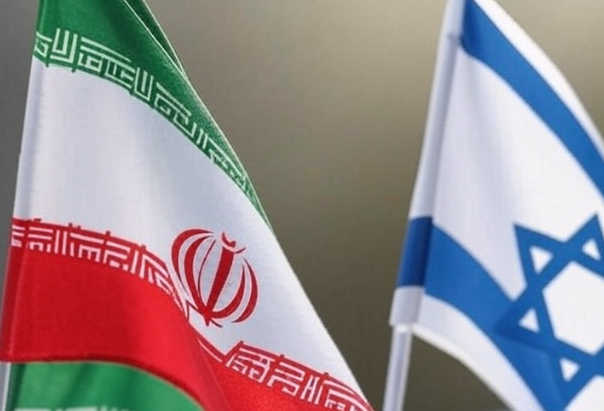A dramatic and dangerous escalation has erupted in West Asia following a direct military confrontation between Israel and Iran. The crisis began when Israel launched a powerful airstrike targeting Iran’s top military leadership and critical nuclear facilities. In retaliation, Iran fired a massive barrage of ballistic missiles towards Israel, marking one of the most intense exchanges between the two countries in recent memory.
Iran’s Revolutionary Guard claimed responsibility for launching dozens of missiles aimed at Israeli territory, stating that the attack was a direct response to the Israeli assault that had targeted senior military figures and nuclear infrastructure. According to Iran’s ambassador to the United Nations, the initial Israeli strike killed 78 people and wounded 320 others. This retaliation from Tehran quickly triggered a state of emergency across Israel.
As the missile barrage began, sirens wailed and smoke trails were seen over the skies of Jerusalem. The Israeli military urged citizens to take cover and implemented wide-scale aerial defense operations. Despite the multi-layered defense systems in place, including the Arrow and U.S.-assisted THAAD systems, some missiles were able to penetrate the defenses. A building in Rishon LeZion, in central Israel, was hit directly, resulting in the deaths of two people and injuries to at least 19 others. Among the injured was a 60-year-old woman who was reported to be in serious condition.
Simultaneously, Israel’s military launched further operations targeting Iran’s nuclear facilities. The Israeli Defense Forces (IDF) reported that their fighter jets struck multiple sites in Iran’s Isfahan region, believed to be involved in uranium enrichment and production. The targeted facilities included a uranium metal production building, laboratories, and other key infrastructure. Israel claimed the aim was to cripple Iran’s ability to develop nuclear weapons.
Iran’s Atomic Energy Agency downplayed the damage, stating that the attacks on the Isfahan and Fordow nuclear sites had not caused any significant radioactive threat or extensive destruction. Nevertheless, reports emerged of large fires and explosions near Mehrabad Airport in western Tehran, with local media confirming blasts and heavy smoke in multiple neighborhoods, including Hakim and Tehran Pars in the east of the capital.
The international community has reacted with growing concern. UN Secretary-General Antonio Guterres urged both nations to halt their attacks and return to diplomacy. “Enough escalation. Time to stop. Peace and diplomacy must prevail,” he said in a strong appeal for restraint.
World leaders have also joined the chorus for de-escalation. European Commission President Ursula von der Leyen supported Israel's right to self-defense but emphasized the need for calm. Leaders from the UK, Ireland, and the Netherlands also called for immediate diplomatic efforts to stabilize the situation. On the other hand, countries like Turkey, Malaysia, and Saudi Arabia condemned Israel’s actions, labeling them violations of Iranian sovereignty and demanding international intervention.
Helen Brell, former director at Israel’s National Security Council, commented on the situation, stating that Israel has long-term operational objectives related to dismantling Iran’s nuclear capabilities and the infrastructure supporting its weapons delivery systems. She noted that the Israeli public had been prepared for a tough response and that the country’s passive and active defense mechanisms had helped limit casualties. However, she warned that hostilities may continue for some time, especially given Iran's retaliation aimed at civilian population centers.
While Israel’s initial attack may have temporarily weakened Iran’s air defense systems and missile capabilities, the conflict is far from over. The region remains on edge, with fears of further escalations looming large. As missile exchanges and international pressure mount, the world watches closely, hoping that diplomacy can still prevail before the situation spirals into a full-scale war.





